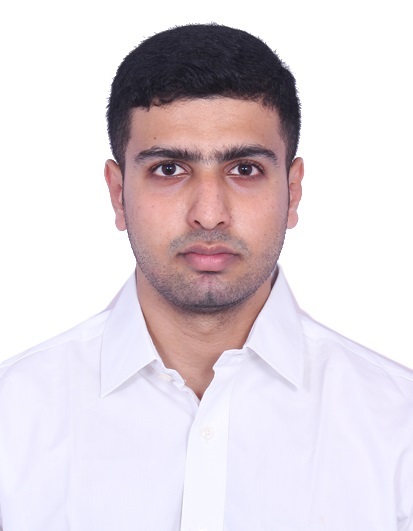Conflict Alerts # 6, 17 August 2019
 Parikshith Pradeep
Parikshith Pradeep In the news
Thousands of Muscovites have taken to streets in support of the protest demanding fair representation in the Duma city elections. This comes in the wake of the election machinery disqualifying independent and candidates from opposition parties from contesting the September 8th Duma Municipal elections.
Authorities have detained a large chunk of opposition activists, students and pro-democracy supporters. Lyubov Sobol-a leading activist on hunger strike was detained amid protests. In what is seen as a radical move, hundreds and thousands of peaceful protesters have been arrested since late July. Reports and imagery also indicate the exercise of violence by police forces during the protests.
Issues at large
Apart from being a movement for electoral rights, the protests indicate people’s pulse in viewing Russia’s polity. Recent march by 50,000 protesters, as estimated by White Counter-an NGO that monitors crowds, is voluminous enough to legitimize the popular discontent. This also goes on to show civilian willingness to attain rational narratives in matters of governance.
Parallel protests in St. Petersburg strongly points to civilian dissent. For protesters, political freedom has become a necessity for which they have started materializing the grand plan. Unruly methods of suppression, the disappearance of political opponents and violence against journalists have raised human security concerns.
Last year’s pension reforms gathered large crowds and widespread protests. This clearly shows the rocketing of social, economic and cultural protests into that of a political one. Minute irritants have started ballooning into more significant problems.
In perspective
Any lead up to the reduction of power is unlikely to favour Kremlin’s needs. While Putin looks to retain his political footprint in Moscow, legislative losses, in the long run, could potentially lead to leadership changes.
A case to relate to the growing protests in Moscow could be its slow growth rates and the problem of stagnant wages. Last year’s pension reforms met with a similar response by protesters. The influence of social media and expression of protests through mediums such as music festivals have given a new face to dissent.
Surprisingly, protests have been peaceful and have often followed defined procedures. As reported, Moscow’s response to protests has not been humane. Similarly, the Chinese approach to handling negotiations and protests with the general public is unsatisfactory as witnessed in Hong Kong. This calls for devising an international system for governments to address mass conflicts and protests.
Retaining political hold through means non-favourable to Russia’s population could very well erode the legitimacy of Putin. Russia must take a cue from the new narratives of protest to reform its outlook in managing affairs of the state.